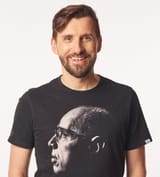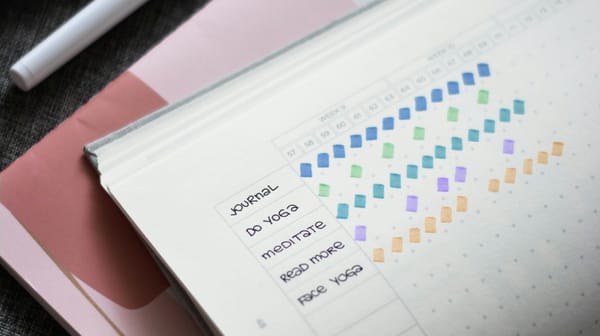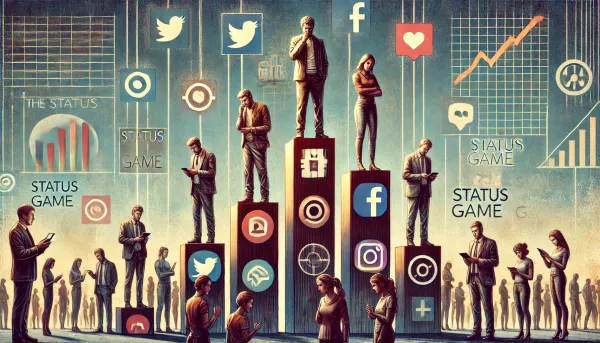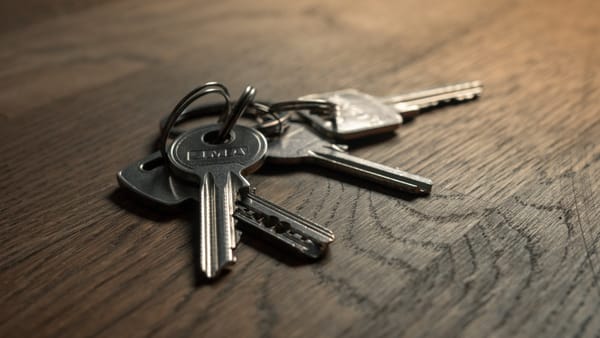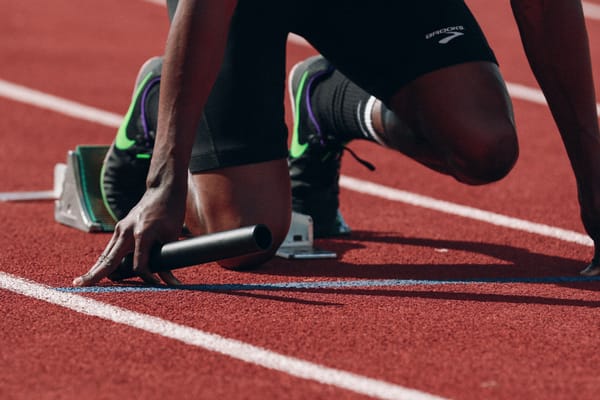Avoiding information overload and FOMO
how I stay up-to-date and also avoid information overload. Elimination is not a wrong thing. Addition is!
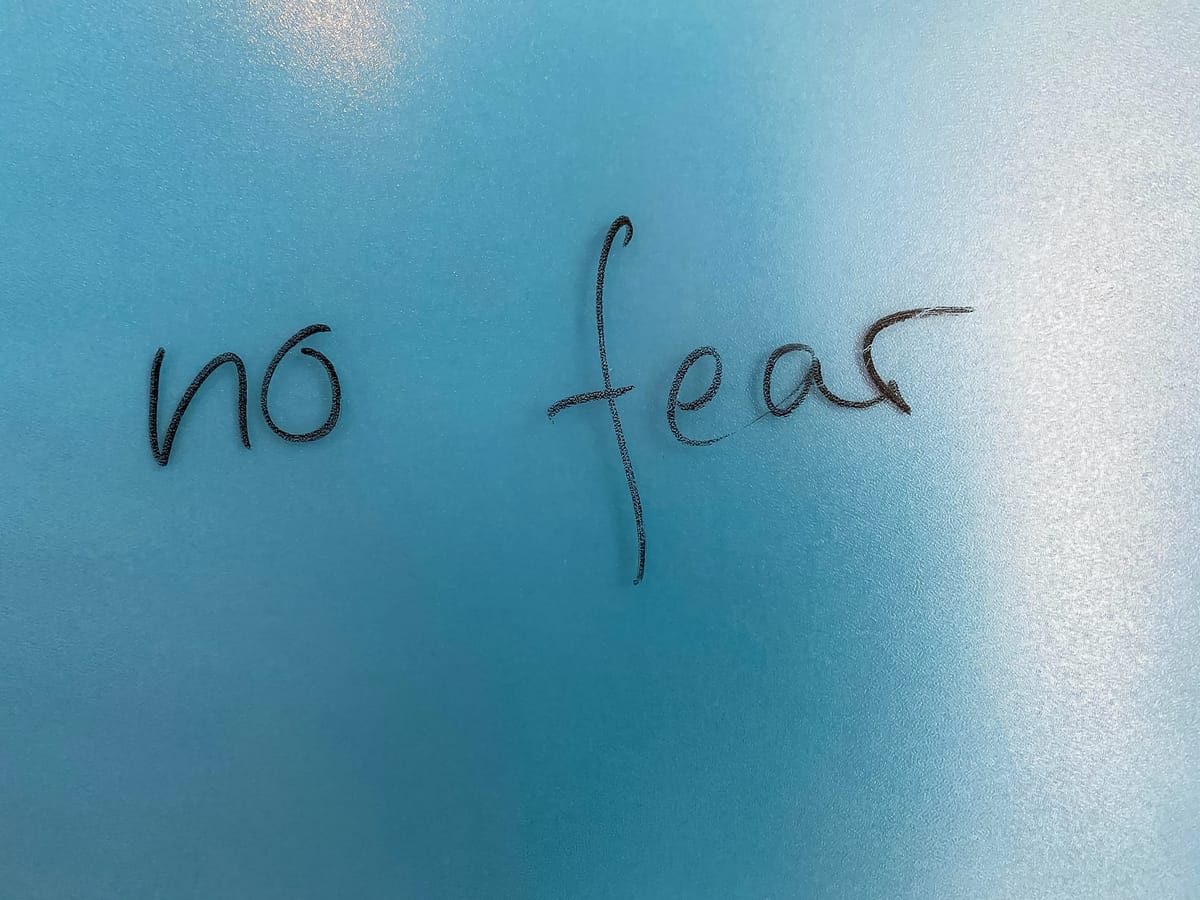
I got a question about how I stay up-to-date and also avoid information overload. First of all, I don't try to keep up-to-date; yet, many people pointed out that I'm still achieving it (at least in some of the areas).
It might be because of my natural inclination to ingest the information, manifesting itself in reading many books, articles, and papers on various topics. I don't know if you believe in personality tests, but here are my TOP 5 Gallup's strengths, which indicate that I'm an information sucker.
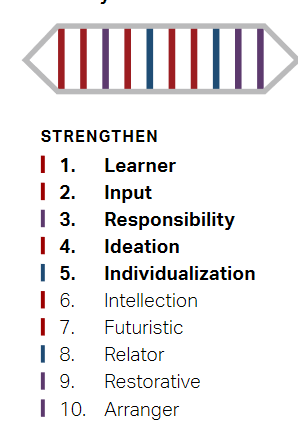
In the past (years ago), I've curated a list of sources, blogs, and articles to read. I had my own RSS feed gathered and later used the Flipboard app (even don't know if it still exists) to replace it. Then I went over all those sources to read what had happened and be up-to-day.
That was when I had been affected by the information FOMO.
Years ago, I got a chance to have a one-to-small group meeting with some people, including Mark Russinovich, who was asked the same question.
His answer was somewhere along these lines: you don't need to follow all those sources, monitor some high-level aggregation, and if there is something important, it will find its way to you.
Turns out he was right. The key is to let go of FOMO of not knowing. It is not about staying up-to-date, but more about staying sane. There is always more content to consume and process.
You don't have to know about something first or even as a first million people.
You don't have to know about it at all or only get to know when you need it. In most cases, it will find a way to reach you.
You need this sensing mechanism to signal that something is going on or there is something to check.
I stopped harvesting and curating my information feed and turned it into the more passive approach, focusing on feeding my feed. I focus more on my "sensing machine" than on the content itself. At the moment, it comes from:
I stopped harvesting and curating my information feed and turned it into the more passive approach, focusing on feeding my feed. I focus more on my "sensing machine" than on the content itself. At the moment, it comes from:
- Fine-tuning people I follow on Twitter / LinkedIn -> if you will tune out all the people making the noise, it is an incredible source of information and references. Especially Twitter.
- I add to my list people from different fields not related to what I'm doing in life to broader my circle of interest and expose myself to those topics.
- Check few sites which add information on a specific topic or general news. The trick is to not spend all the time hitting "refresh" but to glance it for interesting picks and, again, save it for later. I'm reviewing those once a day or even less frequently. Links I'm interested in lands in Obisidian daily note.
- Subscribe to newsletters from people who write good things and sometimes from vendors - for example, I'm subscribed to few newsletters from Microsoft. I do not always read them in full, rather scan them and decide if it is interesting. If not -> hit delete. if yes -> scan it, pick important things, save them to check them later.
- I save things to read/watch in Obsidian and then going through them in a free moment using its search function.
- Last but not least, every couple of months, I remove people from the list I observe. I remove people right away if they are becoming annoying or share some FUD but deliberately adjust regularly.
- I avoid having many browser tabs open and failing to watch binge on YT videos when I see them. Rather store in Obsidian and then get back to them.
- I try to keep up with notes in my Obsidian vault to highlight things I find helpful or thoughts (same with books). Always a bit behind with it, and my flow here needs to improve a bit.
Do I always get back to them? Nope. There are dozens of links I still keep unread, but there is no blame for it. There is too much information you can absorb, and don't even try it. Pick what you think is essential and drop all the rest. It still is more than you can process.
Elimination is not a wrong thing. Addition is. Think about what you can cut more than what you can add or spend more time acquiring information.
Photo by Etienne Girardet on Unsplash
